#IWASTHERE
Alami is passing on what she’s learned
Skills training showed Alami how she could make a success of her petty trade, and now she’s showing her neighbours in Ethiopia how to do the same.
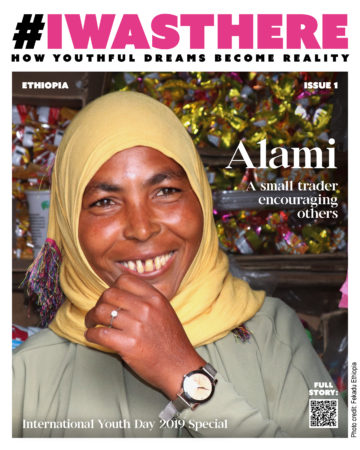
Alami Gemedo, 24, didn’t complete her vehicle mechanic training because of financial constraints, and she wasn’t able to find work in a garage. Instead, she had to fall back on the support of her large family. That’s not how Alami wanted to live – she wanted independence. Through hard work and enterprise, she’s found a way forward, and she’s showing the way for other young women.
A change of direction
Alami’s family of 12 live together in Idola Burqa village outside Shashamane, in southern Ethiopia. Alami knew she’d have to make her own living, but after her training didn’t work out, she had to look elsewhere. She decided to sell basic goods such as coffee, grain and salt from a small kiosk on her family’s plot of land. She had limited success: “My business wasn’t growing fast because I was not working in a planned and organized manner due to lack of business skills,” recalls Alami. At that time, the EYW program was facilitating entrepreneurship training for selected small business owners in the village, and Alami joined them.
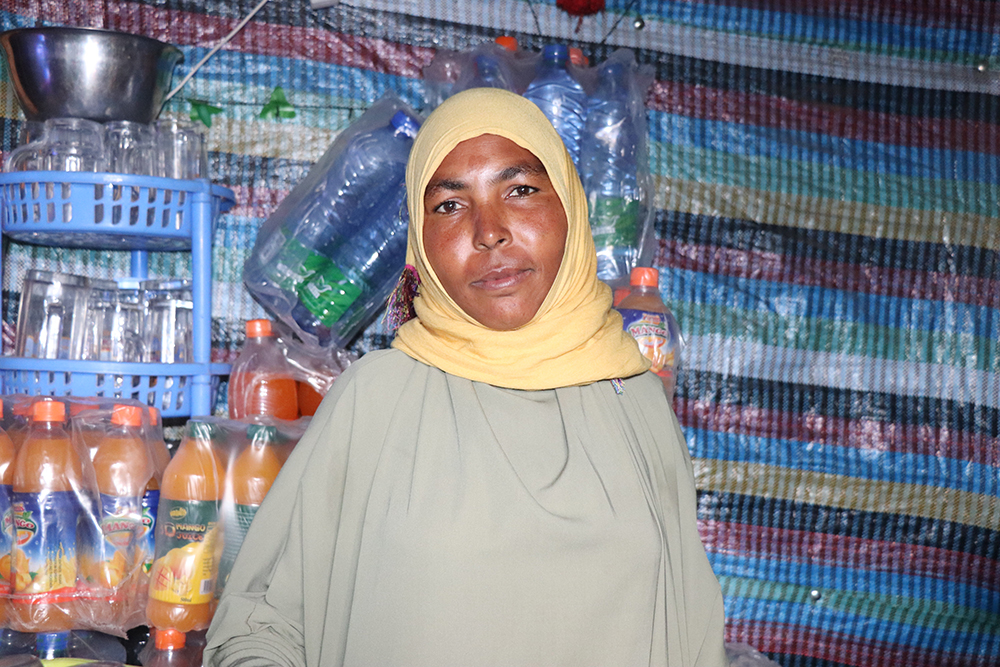
Training for success
Alami really appreciates the training she received as it was in her own local language. She was inspired to work diligently, to think outside the box, and to break out of the cycle of failure she seemed to be in. “It was in the training hall that I decided to expand my business by exploring existing opportunities and understanding the challenges around me,’’ she says enthusiastically.
“I decided to expand my business by selling brewed coffee, milk, soft drinks, and bread among other things,” she explains. “I am pleased that I have been able to create job opportunities for two youngsters who work for me part time. I pay them each a monthly salary of 500 Birr, in addition to other benefits like food. I also deposit 500 Birr for my Equb [an informal, traditional saving association] every week.”
Branching out into farming
Alami went on to extend her business enterprise into farming. She explained her plans: “I have rented 0.25 hectares of land with an annual fee of 5,000 Birr to cultivate ‘teff’ (ancient, staple grain used in Ethiopia) and wheat, with a total investment of 15,200 Birr. I expect to get 18,500 Birr net income from this investment. So the total income I expect by the end of the year to be around 35,000 Birr. My next plan is to construct my own house!”
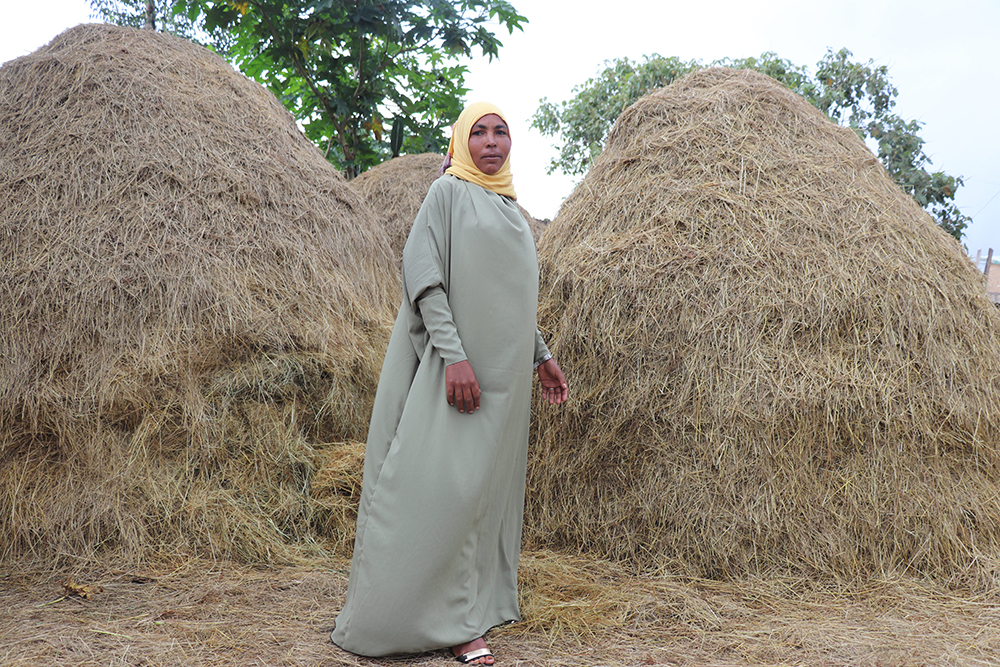
The growth business
By July 2019, Alami had sold her first teff harvest for 9,600 Birr and she had increased her weekly Equb deposit to 1,000 Birr. Her dreams have grown too – she intends to open a restaurant from her savings and create more jobs for unemployed youths. Alami feels that she is now in a better position than most of her friends, so she advises them to follow track; two of her friends have already started their own small trading businesses. “Many of my friends are jobless,” she says. “I am proud that I am supporting my family financially and am able to send my two young sisters to school.”
Seeking government backing
To improve things for her peers, Alami is calling upon the government to provide more technical and financial support for younger people who would otherwise end up being homeless and exposed to addiction. “I would like to advise all stakeholders to do more awareness creation activities, to share experience among youths, and to make financial services and skill trainings available,” urges Alami.
Most of all, she adds: “I believe young women have the capacity to change their lives if they are provided with a safe environment and support from their family, community, and government.”
Alami‘s story is part of the multiyear campaign, kicked off on International Youth Day 2019 by the Empower Youth for Work program and the Work in Progress! alliance. The campaign aims to support the national influencing work of the respective programs by joining forces with local role models. The ripples of #Iwasthere are spreading out around the world and these stories are proof that change can happen anywhere – we hope they will inspire you, too, to become an active citizen.
Why these stories?
There are more young people today than ever before in the history of the world; 1.8 billion people between the ages of 10 and 24 worldwide, and 90% of them live in low-income countries. . Harnessing the energy and strength of young women and men to become active citizens is core to Oxfam's goal of transformational change.
With their energy, skills and creativity, young people have the potential to be the driving force for social change, strong economies and vibrant democracies.
Oxfam is working jointly with youth to challenge barriers that prevent them from
Enjoying their rights
Participating fully in society
Being an effective voice in decision-making processes
How youthful dreams become reality.
These stories are proof that change can happen anywhere -
to inspire you to become an active citizen.
- Bangladesh
- Ethiopia
- Indonesia
- Italy
- Nigeria
- Pakistan
- Peru
- Somalia
- The Netherlands
-
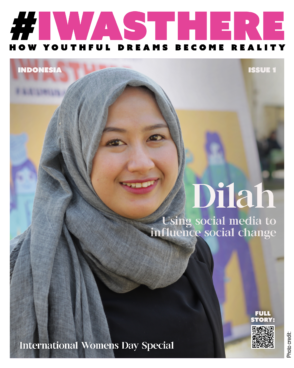
Dilah
“Development is more than just economy or infrastructure, it’s all about humans.”
-
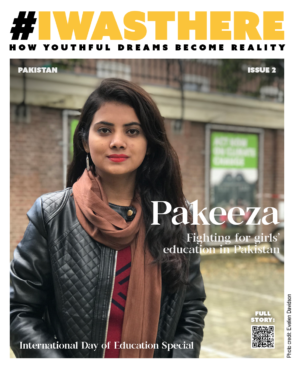
Pakeeza
“As activists, we have to be patient. Without patience we can’t do anything, we just struggle.”
-
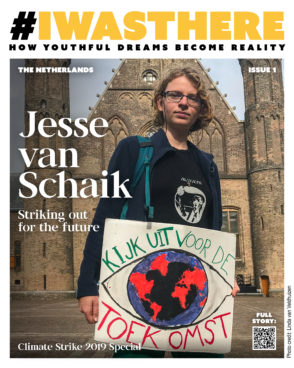
Jesse van Schaik
“I hope other people think ‘if she can do it, then I can do it, and then it won’t be that hard.’”
-
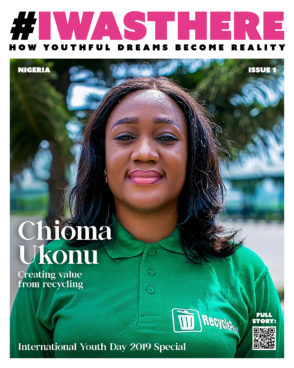
Chioma Ukonu
“Youths must work every day to be the change they want to see.”
-
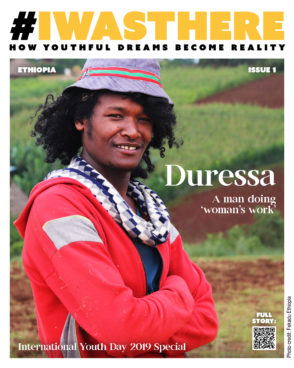
Duressa
“The only thing that I cannot do, is child bearing and breast feeding. This is not naturally gifted to men!”
-

Daphne Rozenburg
“My goal was to capture the essence of the vital advocacy work that goes on within powerful institutions. But in a light and approachable way.”
-
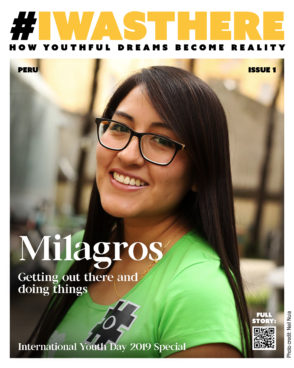
Milagros
“We are young, we are prepared. We have many things to do.”
-

Muzamil Ali
“The biggest challenge wasn’t informing them about modern farming techniques but persuading them to abandon outdated methods”
-

Nasrin
“Work is never defined for men and women, it is us who creates this differentiation. There are lots of people in rural areas who are not getting enough medical support, I want to do something more for their advancement by engaging the youth of our community.”
-
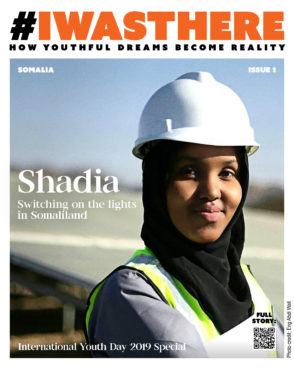
Shadia
“Fear is not part of my life. I conquer the fear itself.”
-
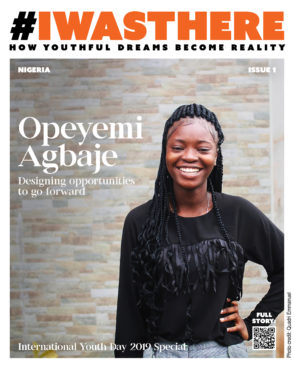
Opeyemi Agbaje
“I did not have any computer knowledge prior to this time; I only used computers for watching movies!”
-
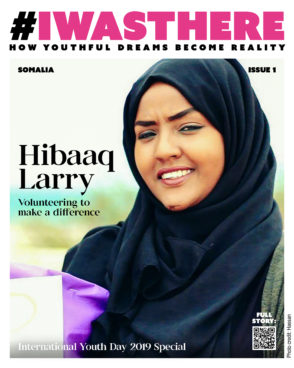
Hibaaq Larry
“We should create an environment where people can support one another and raise local funds together to buy clothes and food for poor children and mothers.”
-

Mr. Ajebo
“Work ethics and character are equally important as you cannot earn a living out of talent alone.”
-
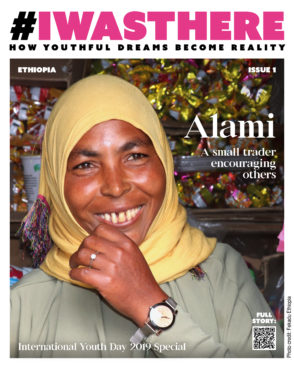
Alami
“I believe young women have the capacity to change their lives if they are provided with a safe environment and support from their family, community, and government.”
-

Alisha Khan
“Once we overcame our initial hurdles, we felt confident about managing more events, and soon established a good reputation in the city.”
-
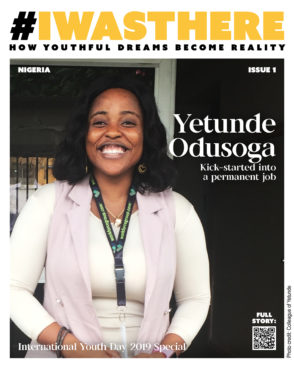
Yetunde Odusoga
“Even if a person supports you and teaches you how to do a thing, without passion on your part, it’s a ‘NO’!”
-
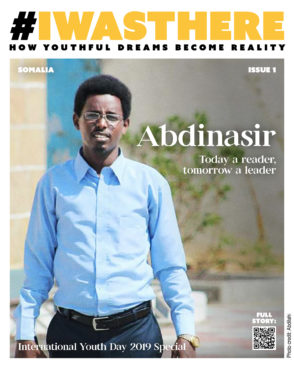
Abdinasir
“Without a book on my lap every day, I don’t know where I would have reached today. One day I will realize my dream of bringing all Sahil people into the library.”
-
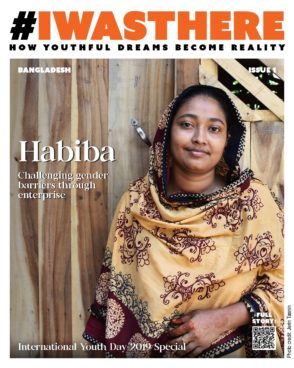
Habiba
Habiba believes that other women and girls will be inspired by seeing her at work.
-
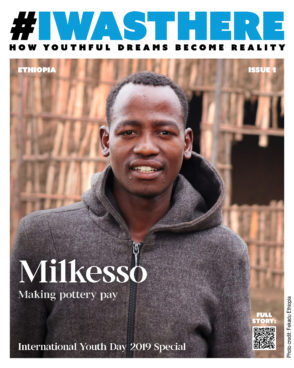
Milkesso
“Seeing my success, many people are now convinced it’s OK to assist women.”
-
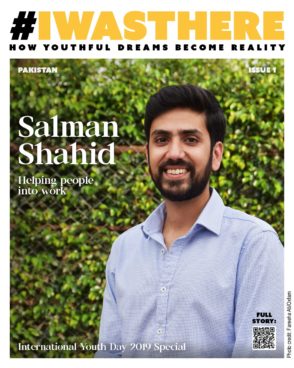
Salman Shahid
“We aim, one day, to scale up our start-up to a national level”
-
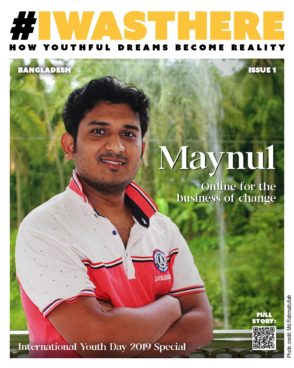
Maynul
He started working from home to save money, providing computer support to the community, especially women.
-
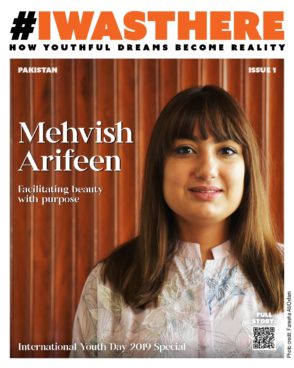
Mehvish Arifeen
“The beauty parlour industry is exploitative, and because women workers lack awareness about their rights, they pose little to no resistance to unfair work policies.”
-
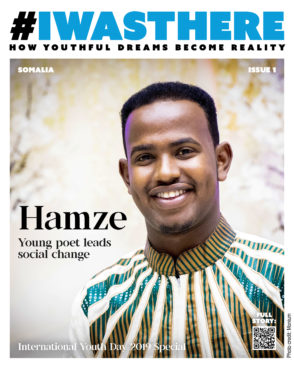
Hamze
“Poetry is art and expression, and has been in my blood since my childhood. If you want people to develop their country, young people are the starting point – they have the drive and stamina to pioneer changes”
-
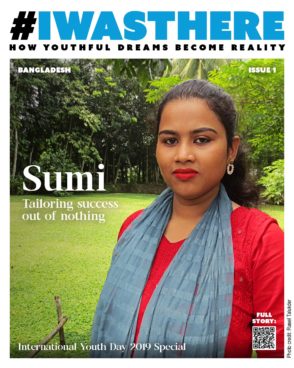
Sumi
To ensure the continued success of her business, she keeps up with the latest fashion trends online, adjusting them for the cultural and religious tastes of her clients.